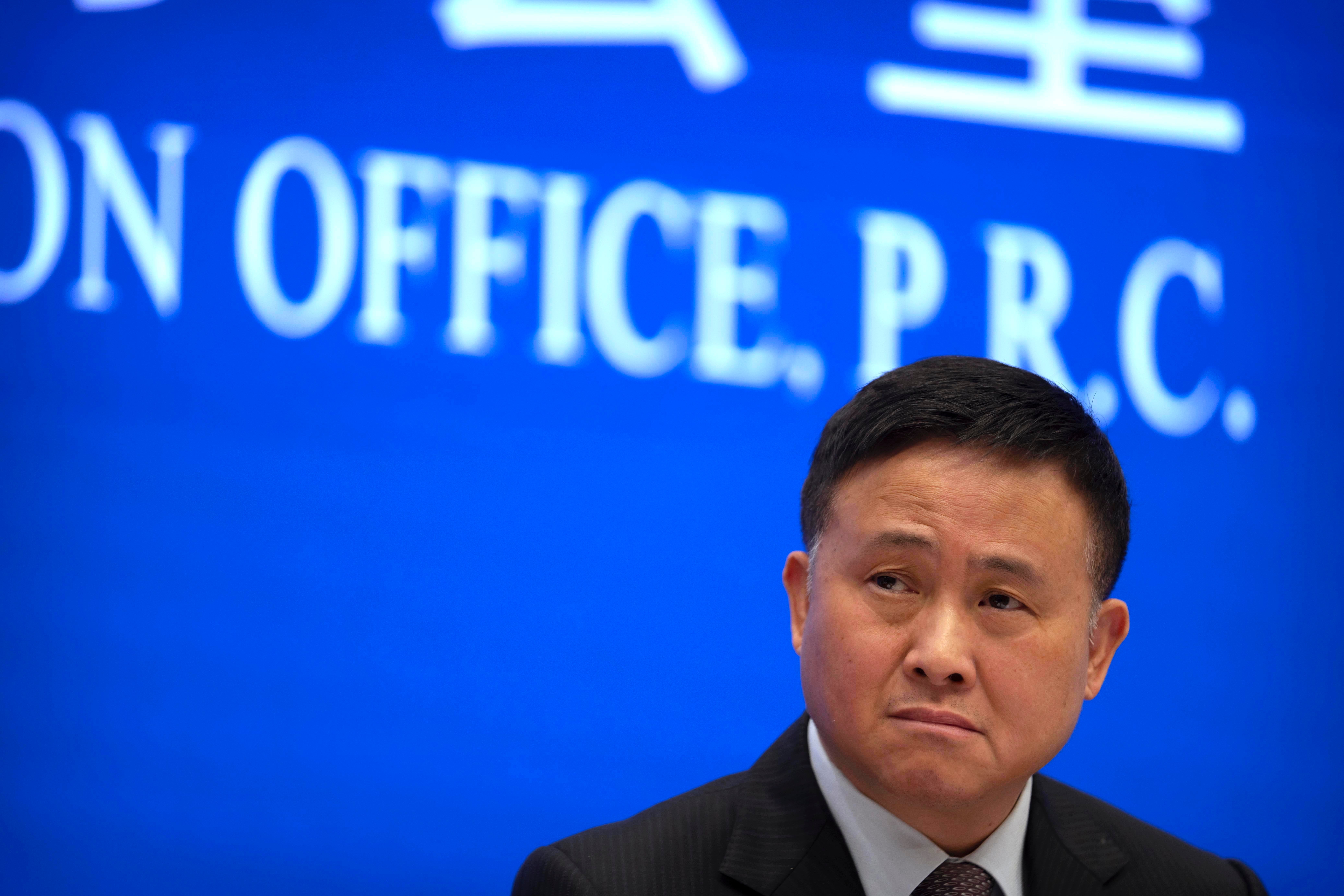China names Pan Gongsheng to lead central bank, succeeding Yi Gang
China's ceremonial legislation has endorsed the promotion of Pan Gongsheng to serve as central bank governor

Your support helps us to tell the story
From reproductive rights to climate change to Big Tech, The Independent is on the ground when the story is developing. Whether it's investigating the financials of Elon Musk's pro-Trump PAC or producing our latest documentary, 'The A Word', which shines a light on the American women fighting for reproductive rights, we know how important it is to parse out the facts from the messaging.
At such a critical moment in US history, we need reporters on the ground. Your donation allows us to keep sending journalists to speak to both sides of the story.
The Independent is trusted by Americans across the entire political spectrum. And unlike many other quality news outlets, we choose not to lock Americans out of our reporting and analysis with paywalls. We believe quality journalism should be available to everyone, paid for by those who can afford it.
Your support makes all the difference.Pan Gongsheng was named China’s central bank governor Tuesday in the widely anticipated final major appointment of the ruling Communist Party’s once-a-decade change of power.
Pan, a deputy central bank governor and veteran of China’s state-owned banking industry, succeeds Yi Gang, an American-trained economist who held the post for five years. The endorsement of Pan's promotion by the ceremonial legislature, the National People’s Congress, follows other Cabinet-level appointments announced in March.
The governor of the People’s Bank of China is the most prominent Chinese figure in finance circles but the post's powers are limited. The bank is controlled by the ruling Communist Party.
Pan, who turns 60 this month, met July 8 with visiting U.S. Treasury Secretary Janet Yellen, indicating he was being promoted. He was widely assumed to be in line for the job after he was named Communist Party secretary for the central bank.
In 2015, Pan was appointed head of China’s foreign exchange regulator, usually a stepping stone to the top central bank job. Earlier, he was a vice president of the Agricultural Bank of China Ltd., one of the country’s four major commercial lenders.
Pan earned a Ph.D. in economics from Renmin University in Beijing and did research at Cambridge and Harvard Universities.